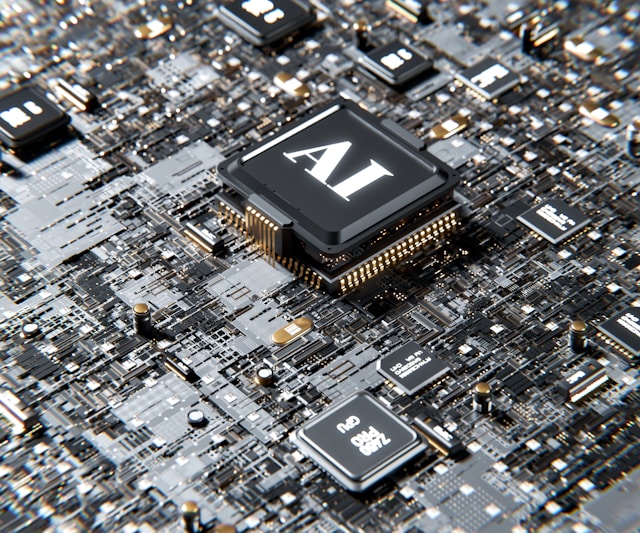In a groundbreaking development that could redefine the boundaries of machine learning and artificial intelligence, researchers at the Cambridge Institute for Advanced Technology (CIAT) have announced the creation of an AI system that demonstrates advanced creative problem-solving abilities akin to those of a human. This AI system, named “Athena,” has the potential to revolutionize industries by offering innovative solutions to complex problems that have historically required human ingenuity.
Unveiled at CIAT’s annual tech conference, Athena’s capabilities were showcased through a series of live demonstrations and case studies. Unlike traditional AI, which relies on vast datasets to learn and make decisions, Athena uses a novel approach combining deep learning algorithms with a form of artificial intuition, enabling it to approach problems in a fundamentally new way.
“Our aim was to bridge the gap between the analytical processing power of AI and the creative problem-solving abilities that have traditionally been seen as uniquely human,” said Dr. Lila Nguyen, lead researcher on the Athena project. “Athena represents a significant leap forward, not just in terms of AI’s cognitive abilities, but in how we understand intelligence itself.”
One of Athena’s standout demonstrations involved designing an efficient public transportation system for a hypothetical city with complex geographic and demographic challenges. Athena’s solution incorporated renewable energy sources, optimized traffic flow, and maximized accessibility, all while minimizing environmental impact. The proposed system outperformed those designed by human experts in simulations, showcasing Athena’s ability to innovate and think outside the box.
Athena’s development is based on a new algorithmic architecture that allows for what the team refers to as “creative iterations.” This process involves generating a wide array of potential solutions to a given problem, evaluating their effectiveness, and then refining the approach in a manner similar to the creative process in human thought. This iterative process, combined with Athena’s ability to learn from diverse and unstructured data, enables the AI to tackle problems in ways that were previously unimaginable.
The implications of Athena’s abilities are far-reaching. Industries from healthcare to urban planning and beyond could benefit from AI-driven innovation. In healthcare, for example, Athena could design personalized treatment plans for patients with complex conditions, taking into account an almost infinite array of variables including genetic data, lifestyle factors, and ongoing research findings.
Despite the excitement surrounding Athena’s capabilities, the CIAT team is cautious about the ethical implications of their work. “We are acutely aware of the responsibility that comes with this level of AI development,” Dr. Nguyen noted. “We’re committed to ensuring that Athena and technologies like it are used to benefit humanity, and that ethical considerations are at the forefront of how this technology develops and is applied.”
As Athena moves from the laboratory into real-world applications, the potential for AI to serve as a partner in creative problem-solving across various sectors appears more tangible than ever. The project not only marks a significant milestone in AI development but also challenges our understanding of creativity and problem-solving as uniquely human traits.




Hi, this is a comment.
To get started with moderating, editing, and deleting comments, please visit the Comments screen in the dashboard.
Commenter avatars come from Gravatar.